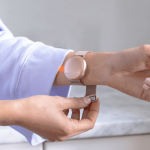Motherhood
Women need clearer guidance on home birth risks, experts say
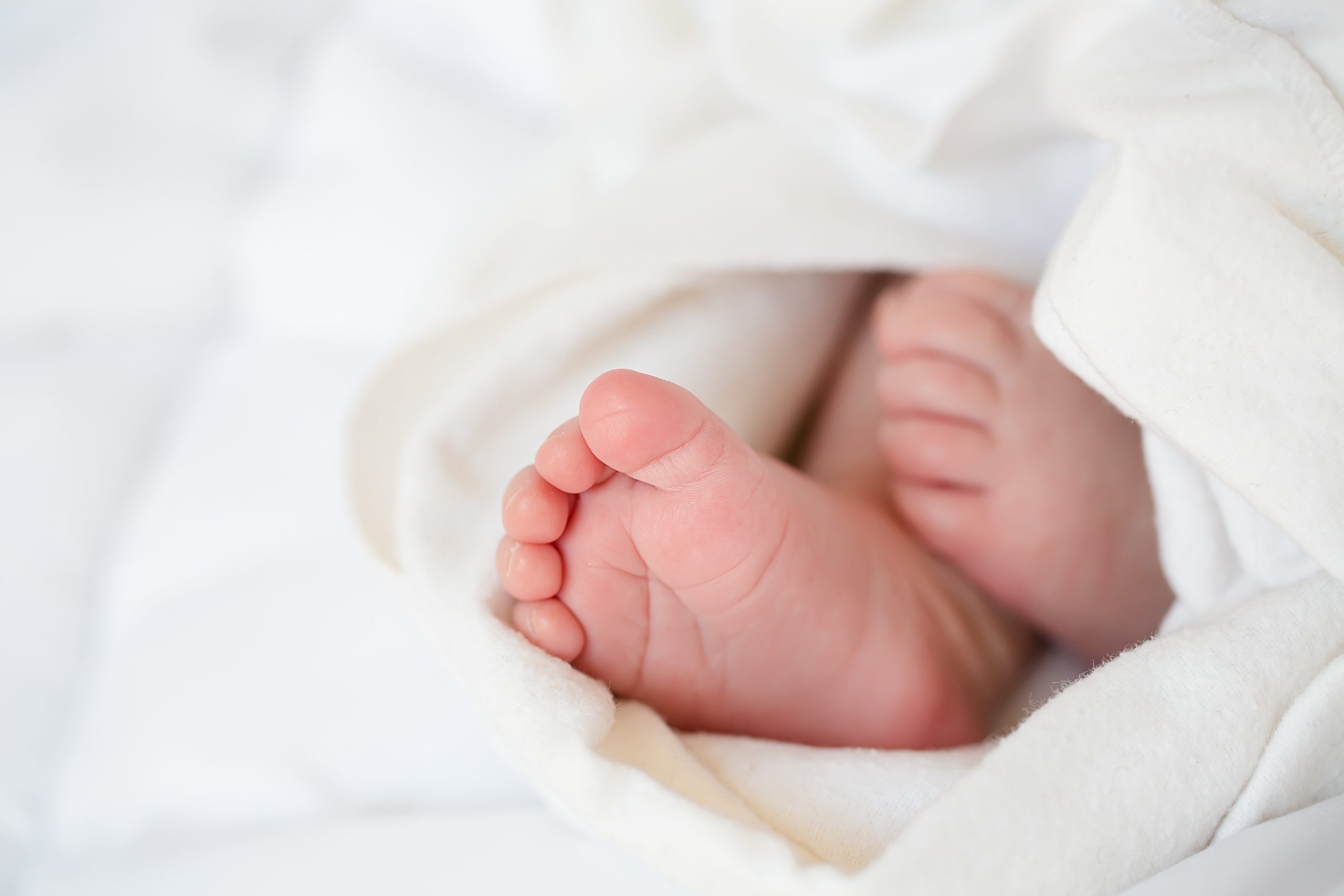
Women must receive clearer warnings about the potentially fatal risks of home birth and should only be supported by experienced midwives, experts have said.
The calls follow a coroner’s ruling in Rochdale, England, that Jennifer Cahill, 34, and her baby, Agnes Lily, died after a home birth in June 2024 due to “a gross failure to provide basic medical care”.
Leading doctors, academics and maternity experts told The Guardian that access to safe home birth services is inconsistent and varies widely depending on location.
They said staffing shortages, inconsistent training and differing local policies make it difficult to ensure reliable care.
Kim Thomas, chief executive of the Birth Trauma Association, said: “This is an unbearably sad case of two avoidable deaths.
“We often hear from women who, having had a deeply traumatic first birth in hospital, are reluctant to give birth in hospital again. Some choose not to have another baby, while others opt for home birth.
“Unfortunately, for women like Jennifer Cahill, who had experienced numerous complications in her previous birth, a home birth can be particularly risky.
“Several things seem to have gone wrong in this case. It seems staff were reluctant to spell out the risks to Mrs Cahill, so she was not able to make a fully informed decision.”
Cahill died at North Manchester General Hospital hours after suffering a haemorrhage while giving birth at home in Prestwich on 3 June 2024.
Her baby, Agnes, was delivered not breathing, with the umbilical cord wrapped around her neck, and died days later at the same hospital.
Manchester University NHS Foundation Trust apologised and admitted there were “serious failures” in the care given to Cahill and her baby.
Her pregnancy had been classed as high-risk because she had suffered a postpartum haemorrhage – heavy bleeding after delivery – following the birth of her first child in 2021.
Cahill had been advised to give birth in hospital, but her husband, Rob, told the court that the dangers of a home birth were not fully explained.
Staff used phrases such as “out of guidance” rather than “against medical advice”, and the risk of death was not explicitly mentioned.
He said his wife chose home delivery after finding her first hospital birth “highly stressful”.
The inquest heard that both community midwives attending the birth had not seen or been aware of the Cahills’ birth plan.
Each had already worked 12-hour shifts and had been awake for more than 30 hours.
Vital notes, including blood pressure readings and the baby’s heart rate, were not properly recorded — the latter written on an incontinence pad that was later discarded.
Thomas said: “The midwives had come straight to the birth from very long shifts and seemed to lack the expertise and experience needed to handle a complex home birth.
“While we support the right of women to choose home birth, they do need the risks explained to them in full so that they can make an informed decision.
“We also believe it is unreasonable and unethical to expect midwives to attend a home birth after a 12-hour shift, when they must have felt exhausted.
“Only highly experienced midwives should attend home births where the woman has been categorised as high-risk.”
One of the attending midwives told the court there was “unease in the office” about home birth requests.
Staff were “nervous about being on call” and some “would do anything to get out of being on call”.
Dr Shuby Puthussery, associate professor in maternal and child health at the University of Bedfordshire, agreed that only experienced midwives should attend home births.
“Home births should be supported by experienced midwives with enhanced midwifery skills who are formally assessed as competent and confident to provide care for women within the home birth environment,” she said.
“While home births promote women’s choice and are becoming increasingly popular, neither reckless promotions nor blanket bans are the way forward.”
She said it was “absolutely crucial” that health professionals hold “open and transparent” discussions about “the potential for worse outcomes” if complications arise, including the time required for hospital transfers during emergencies.
“The advice to women who have medical conditions or have had a previous complicated birth, or are giving birth for the first time, is to give birth in a hospital or facility with immediate and direct access to specialist care,” Puthussery said.
Professor Asma Khalil, consultant obstetrician in London and maternal-foetal medicine expert, said the evidence about home birth risks is clear.
“For healthy women with a low-risk pregnancy who have had an uncomplicated birth before, a home birth may be suitable when supported by a qualified midwifery team.
“However, evidence shows that home birth carries higher risks for babies, particularly for first-time mothers or those with high-risk pregnancies.”
Motherhood
The silent wait: Why women deserve faster, specialist care

By Dr Hisham Abouzeid, consultant in obstetrics and gynaecology, Transform Femme
Across the UK, women are facing an unacceptable reality when it comes to their health.
From pelvic floor problems and heavy bleeding to chronic pain and postnatal complications, millions of women are living with treatable conditions that are simply not being treated, often for months or even years.
As a surgeon with more than 25 years’ experience, I have seen first-hand how delays in women’s health services affect every aspect of life, both physical and emotional.
Women come to me exhausted, frustrated and often embarrassed.
They are not just battling medical symptoms, they are struggling with the sense that their pain and their needs have been ignored for too long.
Right now, more than 750,000 women in the UK are waiting for hospital gynaecology services, including routine, non-cancer referrals.
In England alone, over 580,000 people are waiting for non-cancer gynaecology treatment, with almost half waiting well beyond the NHS target of 18 weeks.
Shockingly, more than 18,000 women have been waiting over a year.
These numbers are not just statistics. They represent women living with real suffering.
Research from Endometriosis UK found that 80 per cent of women waiting for treatment said their mental health had worsened, and 77 per cent said their work and daily lives had been affected.
These are mothers, daughters, partners and professionals whose pain is being normalised or dismissed.
The reasons for these delays are complex.
Overstretched NHS resources, lack of specialist provision and a system that often does not prioritise the specific needs of women’s health all play a part.
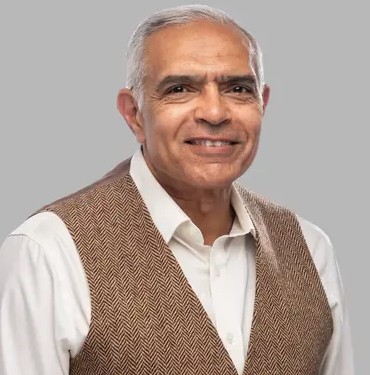
Dr Hisham Abouzeid
But the result is simple: women are waiting far too long to be heard, diagnosed and treated.
Women’s health issues are unique, deeply personal and often intertwined with hormonal, reproductive and emotional wellbeing.
They require the expertise of clinicians who not only understand the anatomy but also the impact that these conditions have on quality of life.
Specialist clinics can provide the focus and speed that general services struggle to deliver.
With dedicated gynaecologists and surgeons, we can diagnose and treat faster, offer continuity of care and, crucially, create a space where women feel seen and understood.
Delays in treatment do more than prolong discomfort. They allow conditions to worsen.
Pelvic floor damage can become irreversible, chronic pain can become debilitating, and emotional distress can spiral into anxiety or depression.
Early intervention does not just improve outcomes, it can change lives.
It is this urgent need for specialist, compassionate care that inspired the creation of Transform Femme, a new standalone UK service dedicated entirely to women’s health and wellbeing.
At Transform Femme, our aim is to give women rapid access to world-class surgical and non-surgical treatments delivered by leading GMC-registered surgeons and gynaecologists.
From pelvic floor repair and hysterectomy to labiaplasty and vaginal tightening, every procedure is delivered with precision, sensitivity and respect.
We believe in treating the whole person, not just the condition.
Our clinics provide luxurious, CQC-registered environments designed to promote comfort and calm.
Through Homecare+, patients can receive pre- and post-operative support in the privacy of their own homes.
With transparent, fixed pricing, there are no hidden costs or surprises, providing complete peace of mind.
Most importantly, we remove one of the biggest barriers to care: time.
Consultations, diagnostics and surgery can often take place within weeks, not months. For many women, that speed can be life-changing.
So many women suffer in silence with gynaecological issues that affect their confidence, health and everyday lives.
Our mission is to provide a safe and supportive space where women feel truly heard.
We combine medical expertise with empathy and professionalism, helping patients regain their comfort and most importantly their confidence
This ethos is shared by our entire team.
Every woman who walks through our doors deserves to be listened to without judgement and treated with the dignity and care she has often been denied elsewhere.
Specialist care for women is not just about medicine, it is about empowerment.
When women regain comfort, confidence and freedom from pain, they reclaim their lives. They reconnect with their partners, play with their children, return to work, and rediscover their sense of self.
Transform Femme is about more than procedures. It is about partnership, empathy and giving women back the confidence to live fully and freely.
We have reached a point in women’s healthcare where waiting should no longer be the norm. Women deserve timely, expert care that honours both their physical and emotional wellbeing.
Because when women are cared for properly, they do not just heal, they thrive.
About the author
Dr Hisham Abouzeid is a highly qualified with over 25 years of experience in women’s health and surgical procedures.
He is a Fellow of the Royal College of Obstetricians and Gynaecologists (FRCOG).
For more information visit Transform Femme
News
UK: Babies born to black mothers 81% more likely to die in NHS care
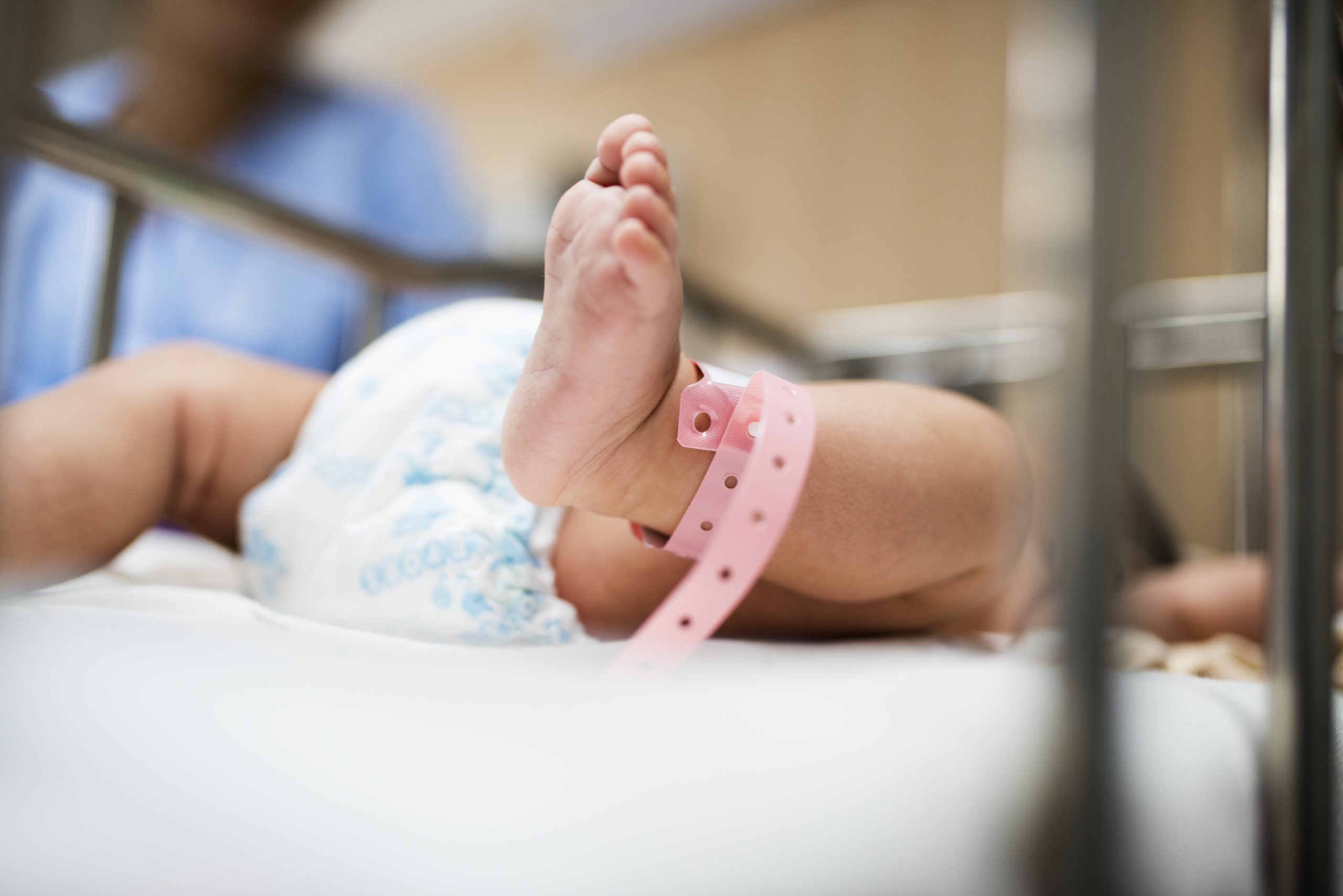
Babies born to black mothers in England and Wales are 81 per cent more likely to die in neonatal units than those born to white mothers, new data has revealed.
An analysis of more than 700,000 babies admitted to NHS neonatal units between 2012 and 2022 also found that those from the most deprived areas faced a 63 per cent higher risk of death.
The study, covering hospitals across England and Wales, revealed what researchers called “deeply concerning” levels of inequality.
Samira Saberian, a PhD student at the University of Liverpool and the study’s lead author, said the findings showed that “socioeconomic and ethnic inequalities independently shape survival in neonatal units, and maternal and birth factors explain only over half of the socioeconomic and ethnic inequalities”.
“To reduce these inequalities, we need integrated approaches that strengthen clinical care while also tackling the wider conditions affecting families,” the researcher added.
“By improving services and addressing the root drivers of inequality, we can give the most vulnerable babies a better chance of survival.”
Neonatal units provide specialist care for premature babies or those born with serious health conditions. The mortality rates reflect deaths before discharge from these units.
Black babies had the highest mortality rates for most of the study years, peaking at 29.7 deaths per 1,000 babies.
The highest rate among white babies was 16.9 per 1,000.
For babies born to mothers in the most deprived areas, the highest mortality rate reached 25.9 per 1,000 in 2022, compared with 12.8 per 1,000 among those from the least deprived areas.
The study is the first to examine both socio-economic and ethnic inequalities in neonatal units.
Researchers said the results highlight factors beyond medical treatment that influence survival rates.
Even after accounting for maternal and birth factors, the 81 per cent higher risk for black babies remained, pointing to structural inequalities that require solutions beyond clinical care.
Motherhood
Health Secretary announces inquiry into Leeds maternity services
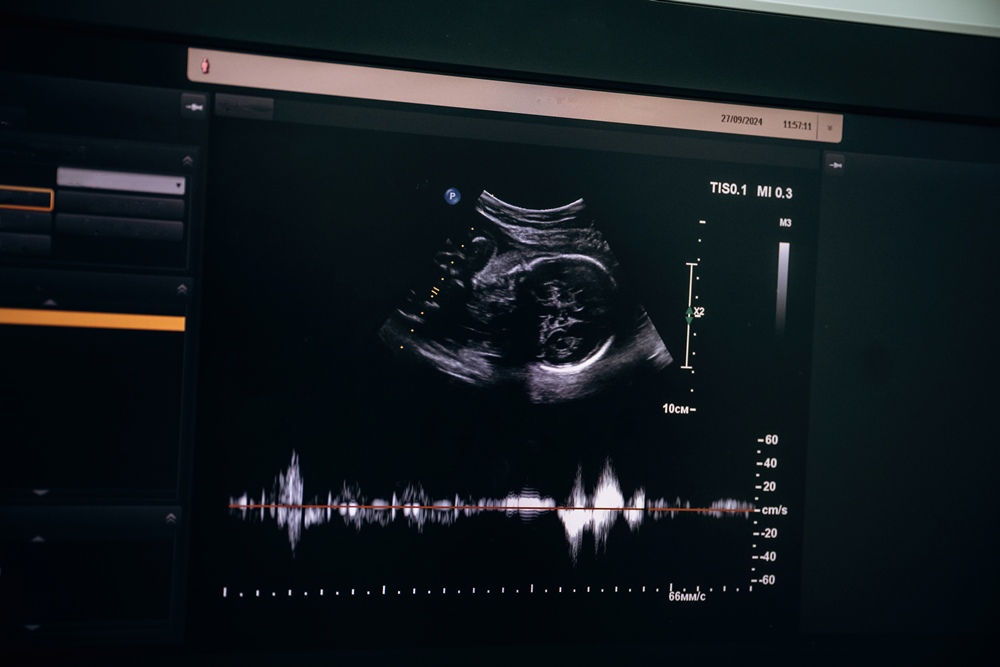
An independent inquiry will be launched into Leeds maternity services following a parent-led campaign over care failures stretching back 14 years.
Health secretary Wes Streeting said he was deeply concerned about problems at Leeds Teaching Hospitals NHS Trust, calling it “a real outlier” for perinatal mortality — deaths around the time of birth — compared with other hospitals nationally.
The announcement follows maternity services at the trust being rated “inadequate” after an unannounced Care Quality Commission inspection in December and January.
A subsequent NHS England report raised “significant” concerns about safety and quality of care.
After meeting affected parents in the city, Streeting said the trust — which runs maternity units at Leeds General Infirmary and St James’s Hospital — required scrutiny similar to the ongoing Nottingham maternity inquiry.
“I’ve decided that we need a Nottingham-style independent inquiry into what’s going on with maternity and neonatal services in Leeds,” he said.
“I think we need clear answers, accountability and improvement… I do think we need that independent look, not just for what’s happening now but stretching back to historic cases as well.”
The Nottingham review — the largest maternity inquiry of its kind — has examined hundreds of baby deaths and injuries at Nottingham University Hospitals.
It has led to the NHS paying out tens of millions of pounds for claims dating back to 2006 and prompted a police investigation, with findings expected next year.
Dozens of baby deaths in Leeds in recent years are thought to have been preventable.
Families affected by avoidable deaths of babies or mothers have long campaigned for an independent investigation.
Streeting has already commissioned a national review of NHS maternity services but said Leeds was an “exceptional case” that warranted its own inquiry.
“I don’t want to drown the NHS across the country in a whole series of local reviews into what I think is a national problem,” he said.
“But I have been persuaded, having been to Leeds recently to listen to families and look at the data.
“Given the challenges still evident — not least from the most recent Care Quality Commission inspection — and Leeds’s scale as one of the largest teaching hospitals in Europe, I think all of those things point to Leeds as an exceptional case for this kind of inquiry.”
He said details of the inquiry’s scope would be announced soon.
“I’ll proceed without fear or favour. If there are individuals who need to be held to account, I will ensure accountability.
“Where systemic improvements are needed, I will make sure they happen, and that’s why I believe this specific investigation is necessary.”
Campaigners welcomed the decision, describing the current system as “rotten”.
Fiona Wisner-Ramm and Daniel Ramm, whose daughter Aliona died 27 minutes after birth in 2020 following what an inquest described as “gross failures” in care, have been among those leading the campaign.
“This means that Leeds Teaching Hospitals NHS Trust will now be properly investigated, allowing for meaningful changes to its culture and practices,” they said in a statement.
“We hope that this inquiry will finally break the cycle of repeated errors and inadequate leadership, helping to prevent further deaths and injuries to mothers and babies.”
-
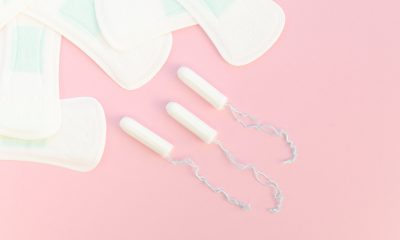
 Hormonal health3 weeks ago
Hormonal health3 weeks agoDozens of women report suffering painful burns after using Always sanitary towels
-
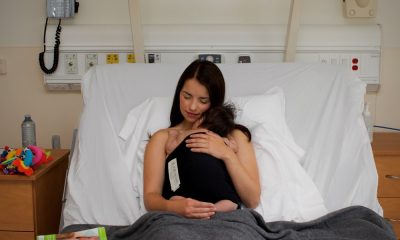
 News4 weeks ago
News4 weeks agoWomen’s health innovations recognised in TIME’s Best Inventions 2025
-

 News3 weeks ago
News3 weeks agoCutting through the noise in femtech – key takeaways from Women’s Health Week 2025
-

 Hormonal health4 weeks ago
Hormonal health4 weeks agoMenstrual cycle affects women’s reaction time, study finds
-

 Entrepreneur2 weeks ago
Entrepreneur2 weeks agoAI embryo selection tool wins European approval
-

 Insight3 weeks ago
Insight3 weeks agoScientists develop breakthrough approach to detecting endometriosis in menstrual blood
-

 News2 weeks ago
News2 weeks agoTestosterone patch shows promise for menopausal women
-

 Features2 weeks ago
Features2 weeks agoFrom SEO to GEO: How women’s health brands can get found in the age of AI




























